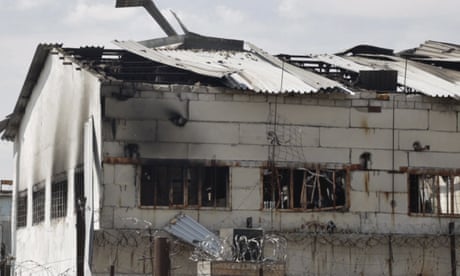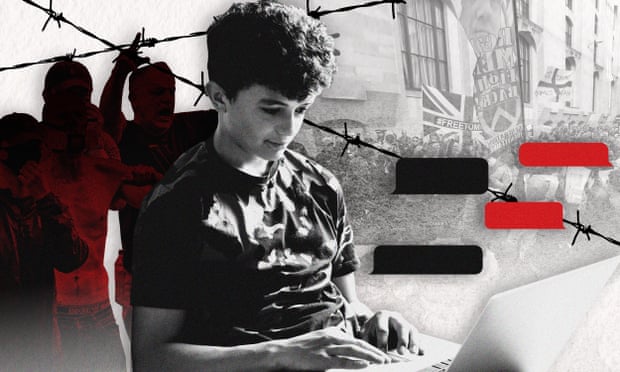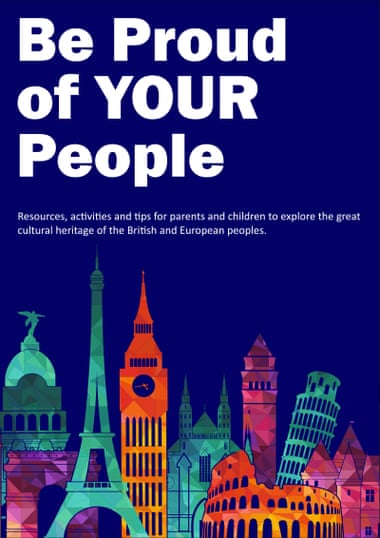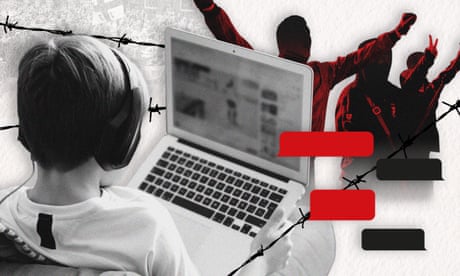Ukraine ‘endangers civilians’ with army bases in residential areas, says Amnesty
Ukraine government and international law experts argue report ignores wartime realities
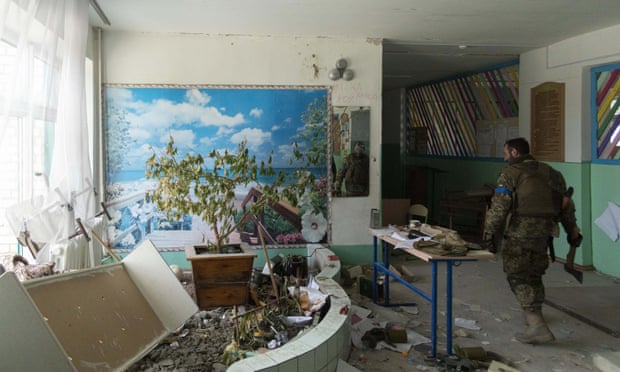
Amnesty International has said the Ukrainian army is endangering the life of civilians by basing themselves in residential areas, in a report rejected by Ukrainian government representatives as placing blame on it for Russia’s invasion.
The human rights group’s researchers found that Ukrainian forces were using some schools and hospitals as bases, firing near houses and sometimes living in residential flats. The report concluded that this meant in some instances Russian forces would respond to an attack or target residential areas – putting civilians at risk and damaging civilian infrastructure.
It also criticised the Ukrainian army for not evacuating civilians who could be caught up in the crossfire.
“We have documented a pattern of Ukrainian forces putting civilians at risk and violating the laws of war when they operate in populated areas,” said Agnès Callamard, Amnesty International’s secretary general.
However, the head of Amnesty Ukraine’s office, Oksana Pokalchuk, wrote on Facebook that her operation disagreed with the report. She said they were cut out of the pre-publication process when they complained that the report was based on incomplete evidence compiled by foreign colleagues.
“Our team’s arguments about the inadmissibility and incompleteness of such material were not taken into account,” wrote Pokalchuk. “The representatives of the Ukrainian office did everything they could to prevent this material from being published.”
Ukraine’s deputy defence minister, Hanna Maliar, accused Amnesty of “distorting the real picture” and of failing to understand the situation on the ground. She said Ukrainian soldiers were deployed in cities and populated areas to defend them from Russian attack.
“There is no chronology of events [in the report]. The Russian Federation is committing the crime here. Ukraine is protecting its land. Moscow ignores all the rules of war. And unlike Ukraine, it doesn’t let in international organisations like Amnesty,” said Maliar.
Speaking at a briefing in Kyiv, Maliar stressed that the Ukrainian armed forces laid on buses to evacuate civilians from the frontline. Some refused to go, despite repeated pleas and offers of transport to safer regions. Ukraine gave access to outside agencies including the international criminal court and carried out its own investigations into abuses committed by its troops, she said.
Oleksii Reznikov, Ukraine’s minister of defence, said “any attempt to question the right of Ukrainians to resist genocide, to protect their families and homes … is a perversion” and presidential adviser Mykhailo Podolyak tweeted that “the only thing that poses a threat to Ukraine is a Russian army of executioners and rapists coming to Ukraine to commit genocide”.
Amnesty researchers investigated Russian strikes in Ukraine’s Kharkiv, Donbas and Mykolaiv regions between April and July. They found 19 villages and towns from where the Ukrainian forces had either launched strikes or were basing themselves. In these three regions, Amnesty found five locations where hospitals were “de facto” used as bases and out of 29 schools visited by Amnesty, they concluded 22 had been used as bases.
Schools were closed on the first day of the invasion and pupils have been learning remotely, where possible.
The report noted that most of the civilian infrastructure repurposed by the Ukrainian army was located kilometres from the frontlines and argued that alternative locations were available.
Maliar argued at the briefing that Ukrainian anti-aircraft systems needed to be based in towns to protect civilian infrastructure and if Ukrainian forces were only based outside urban settlements “Russian armed forces would simply sweep in unopposed”.
Ukrainian social media users also responded with examples of when Russian forces have hit buildings being used by civilians, as well as the scores of crimes committed against Ukrainian civilians under Russian occupation.
Guardian reporters have seen at least seven instances in three regions of Ukraine where schools and nurseries in residential areas were used as bases by the Ukrainian army. Five of the schools and nurseries the Guardian visited had been bombed. In each instance, several surrounding buildings were damaged in the attack.
In one instance, in Donetsk region, at least three people died when the wave of the blast that destroyed a base hit a neighbouring residential building.
In one school that was being used as a base by Ukrainian forces in central Ukraine, the commander said schools and kindergartens across Ukraine were being bombed because they were being used as bases. The commander said that schools provided the necessary facilities: showers, multiple toilets, large kitchens, dining areas, basements and rooms. He said the invasion had meant the army had to accommodate masses of new recruits quickly.
Steven Haines, professor of public international law at London’s University of Greenwich who drafted non-legally binding guidelines on military use of schools and universities during conflicts – which 100 states, including Ukraine, have endorsed – said Ukraine’s actions had not necessarily broken them.
“The use of schools – if they are not also being used for their primary purpose – is not invariably unlawful. Very obviously, the situation in Ukraine counts as exceptional in this respect … so the Ukrainian military are not necessarily breaching the guidelines,” he said.
Guardian reporters have also seen three instances of empty schools that have been repurposed for civilian use since the war, such as a school in Kharkiv region now being used as a humanitarian aid centre and a school in Kyiv which is housing people displaced by the war.
Amnesty acknowledges that international humanitarian law does not ban parties from basing themselves in schools that are not in session, but the report emphasised “militaries have an obligation to avoid using schools that are near houses or apartment buildings full of civilians … unless there is a compelling military need”.
Haines agreed with Amnesty’s assessment. He said it was the responsibility of military commanders on the ground to avoid collateral damage and try to choose buildings that if attacked as legitimate military targets, would be hit without risking the lives of the civilians nearby.
In an ideal scenario, populated areas would not be part of the war, but the nature of the invasion meant city warfare had become inevitable in Ukraine, said Haines.
https://www.theguardian.com/world/2022/aug/04/ukraine-civilians-army-bases-amnesty-russia-war

